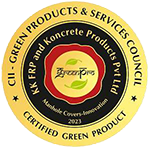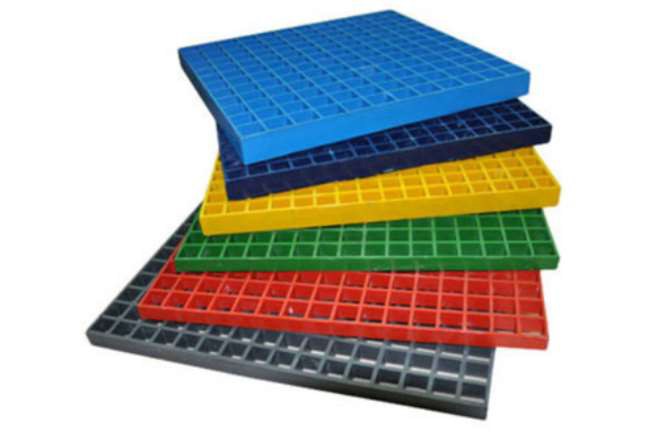When embarking on a project that involves fiberglass reinforced plastic (FRP) grating, selecting the right manufacturer is crucial. The quality of FRP grating determines its durability, performance, and suitability for specific environments, making it essential to choose a reliable manufacturer. This comprehensive guide outlines key considerations to help you select the best FRP grating manufacturer for your project.
Understanding FRP Grating and Its Importance
FRP grating is a composite material made from fiberglass and a resin matrix. It offers significant advantages over traditional materials like steel, including corrosion resistance, lightweight, and non-conductive properties. These characteristics make FRP grating ideal for industrial applications such as walkways, platforms, and drainage covers in corrosive environments.
Assessing Manufacturer Capabilities
1. Production Capabilities
The first aspect to consider is the manufacturer’s production capabilities. A top-tier FRP grating manufacturer should have advanced production facilities capable of meeting large orders without compromising on quality. Ensure that the manufacturer can provide various grating types, such as molded and pultruded grating, to suit different applications.
2. Customization Options
Each project has unique requirements, making customization an essential factor. The best manufacturers offer custom solutions, allowing you to specify dimensions, colors, and surface textures. This flexibility ensures that the FRP grating perfectly fits your project’s specific needs.
3. Quality Certifications
Quality certifications are a testament to a manufacturer’s commitment to standards. Look for certifications like ISO 9001, which indicates a consistent approach to quality management. Other relevant certifications may include ASTM standards for materials and safety.
Evaluating Technical Expertise and Support
1. Engineering Support
Reputable manufacturers provide comprehensive engineering support to help you integrate their products effectively. This includes detailed manuals, CAD drawings, and consultation on best practices for installation and maintenance.
2. Technical Expertise
The manufacturer’s technical expertise is vital. They should have a deep understanding of FRP materials and their applications. An experienced manufacturer can provide valuable insights that could save costs and enhance the efficiency of your project.
Sustainability and Environmental Compliance
1. Environmental Impact
Today’s industrial practices demand a commitment to environmental sustainability. Check whether the manufacturer uses eco-friendly processes and materials. This not only helps in reducing the environmental footprint but also aligns with global standards and regulations.
2. Compliance with Regulations
Ensure that the manufacturer adheres to international environmental and safety regulations. Compliance is critical to avoid legal issues and ensure worker safety.
Customer Service and After-Sales Support
1. Customer Service
Good customer service is indicative of how a company treats its clients post-purchase. A manufacturer that offers prompt and reliable customer service likely values customer satisfaction and builds long-term relationships.
2. After-Sales Support
After-sales support, including warranty terms and service agreements, is crucial. It reflects the manufacturer’s confidence in their products and their commitment to assist you after the installation.
Conclusion
Choosing the right FRP grating manufacturer is pivotal for the success of your project. Consider these key factors: production capabilities, customization options, quality certifications, technical expertise, environmental compliance, and customer service. By carefully evaluating these aspects, you can ensure that you select a manufacturer that meets the high standards required for your specific applications.






